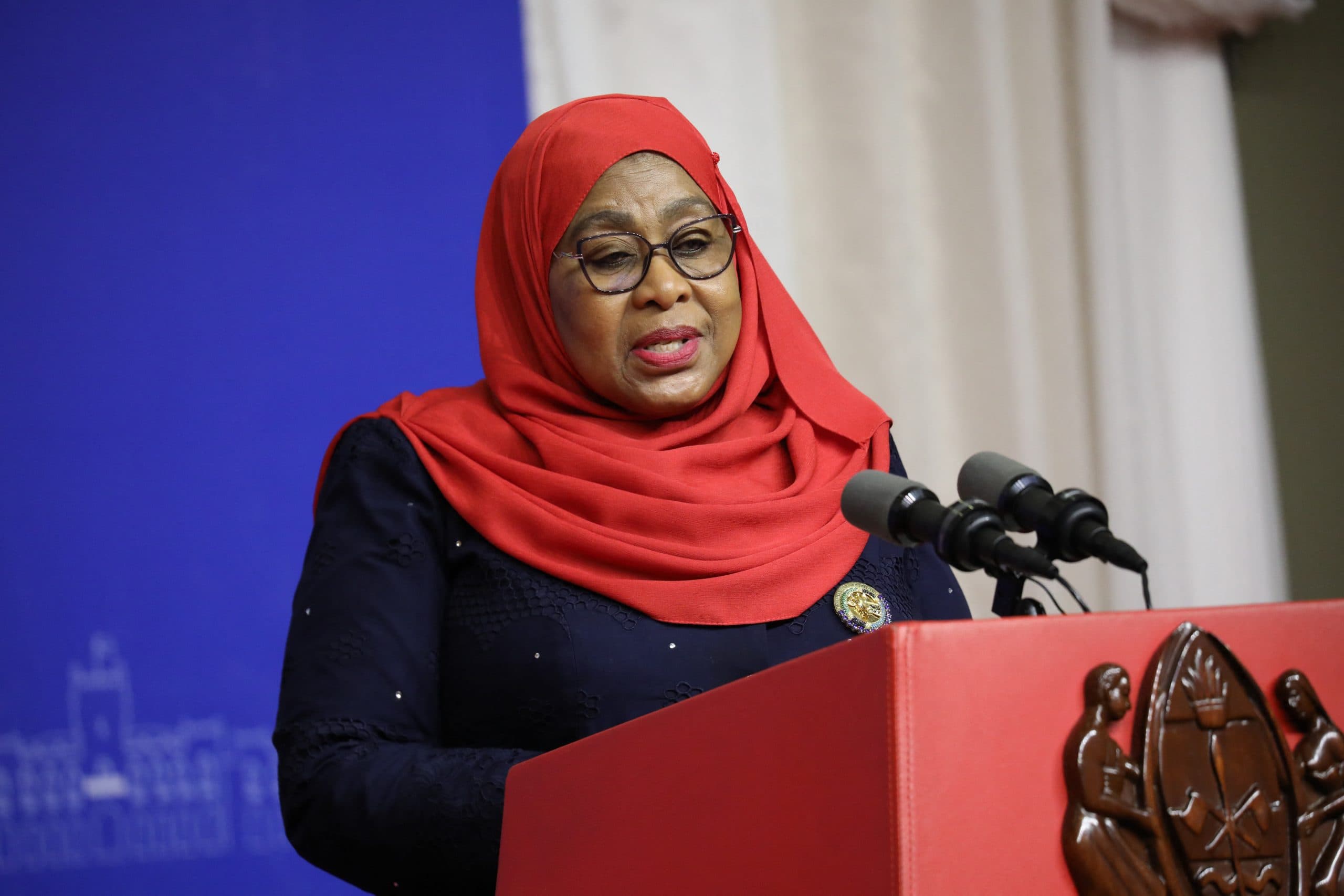We're loading the full news article for you. This includes the article content, images, author information, and related articles.
A senior Kenyan lawyer's call for urgent electoral reforms in Tanzania spotlights growing concerns over democratic processes within the East African Community, placing President Samia Suluhu Hassan’s reform promises under intense regional scrutiny ahead of the 2025 general election.

NAIROBI, Kenya – Prominent Kisumu-based lawyer James Aggrey Mwamu, a former president of the East Africa Law Society, issued a stark warning on Thursday, October 30, 2025, declaring that Tanzania is at a “critical democratic crossroads.” In a press statement, Mwamu asserted that the current electoral framework in the neighbouring country critically undermines democratic accountability and citizen participation, urging President Samia Suluhu Hassan to champion immediate and comprehensive reforms.
“Tanzania must open up its political space and strengthen its electoral institutions,” Mwamu stated, emphasizing the regional implications of the nation's democratic health. “Without meaningful reform, the promise of democracy in the region will remain unfulfilled… Strong democracies make for a stronger East Africa.”
Mwamu, who led the regional bar association from November 2012 to November 2014, drew parallels to Kenya's own turbulent history with electoral justice, suggesting Tanzania could learn from the painful experiences that necessitated constitutional and institutional reforms in Kenya.
The lawyer’s statement brings to the fore long-standing issues within Tanzania's political system. A central point of contention is the inability to challenge presidential election results in court, a legal provision dating back to the one-party era that critics argue shields the process from accountability. This was a significant issue raised by opposition parties following the 2010 general election.
Mwamu recalled a specific event, a 2013 constitutional conference in Mombasa, where he alleges Tanzania’s Independent National Electoral Commission (INEC) admitted that the results of its 2010 presidential election had never been officially certified. He described this as “deeply troubling.” (DETAILS UNCONFIRMED: Independent verification of this specific admission at the conference was not available through extensive searches). The 2010 election, which saw incumbent Jakaya Kikwete re-elected, was marked by delays in the announcement of results and accusations of irregularities by the opposition, though international observers deemed it largely peaceful.
Another systemic issue highlighted is the constitutional ban on independent candidates, which forces all aspirants to be affiliated with a political party. This restriction has been challenged, most notably in a landmark case by the late Reverend Christopher Mtikila at the African Court on Human and Peoples' Rights, but the ruling has yet to be fully implemented by Tanzania.
Since taking office in March 2021, President Samia Suluhu Hassan has presented a reformist agenda, a departure from the authoritarian style of her predecessor, the late John Magufuli. Her administration initiated the “Four R’s” policy—Reconciliation, Resilience, Reform, and Rebuilding—and lifted a ban on opposition rallies.
In early 2024, Tanzania's parliament passed three significant bills aimed at reforming the electoral landscape: the National Electoral Commission (NEC) Bill, the Presidential, Parliamentary and Local Government Elections Bill, and the Political Parties Affairs Laws (Amendment) Bill. Proponents argue these laws introduce a more competitive process for selecting election commissioners. However, opposition parties, including the prominent CHADEMA, have dismissed these changes as cosmetic, demanding a complete withdrawal and rewrite of the bills and a revival of the process to draft a new constitution.
The political climate remains tense ahead of the general elections scheduled for October 2025. The main opposition party, CHADEMA, has been barred from the election, and its leader, Tundu Lissu, was arrested on treason charges in April 2025 after campaigning for reforms under the slogan “No Reforms, No Election.” The candidate for the second-largest opposition party, ACT-Wazalendo, was also disqualified. This has led critics to describe the upcoming vote as a potential “coronation” rather than a competitive election.
The situation in Tanzania has not gone unnoticed within the East African Community (EAC), which is founded on principles of good governance, democracy, and the rule of law. The EAC Treaty obligates partner states to uphold these democratic principles. However, recent events have tested these commitments. In May 2025, a delegation of Kenyan lawyers and activists, including former Justice Minister Martha Karua, were denied entry into Tanzania where they intended to observe Tundu Lissu's trial, an act that drew condemnation and sparked a diplomatic row.
This has raised questions about the solidarity and shared democratic values within the bloc. As Mwamu's statement underscores, the democratic trajectory of a major partner like Tanzania has significant implications for the stability, integration, and economic development of the entire East Africa region. The EAC has deployed an Election Observation Mission for the 2025 polls, whose report will be keenly watched by regional actors. The unfolding events in Tanzania serve as a critical test for both its national democratic institutions and the collective political commitments of the East African Community.
Keep the conversation in one place—threads here stay linked to the story and in the forums.
Sign in to start a discussion
Start a conversation about this story and keep it linked here.
Other hot threads
E-sports and Gaming Community in Kenya
Active 9 months ago
The Role of Technology in Modern Agriculture (AgriTech)
Active 9 months ago
Popular Recreational Activities Across Counties
Active 9 months ago
Investing in Youth Sports Development Programs
Active 9 months ago
Key figures and persons of interest featured in this article